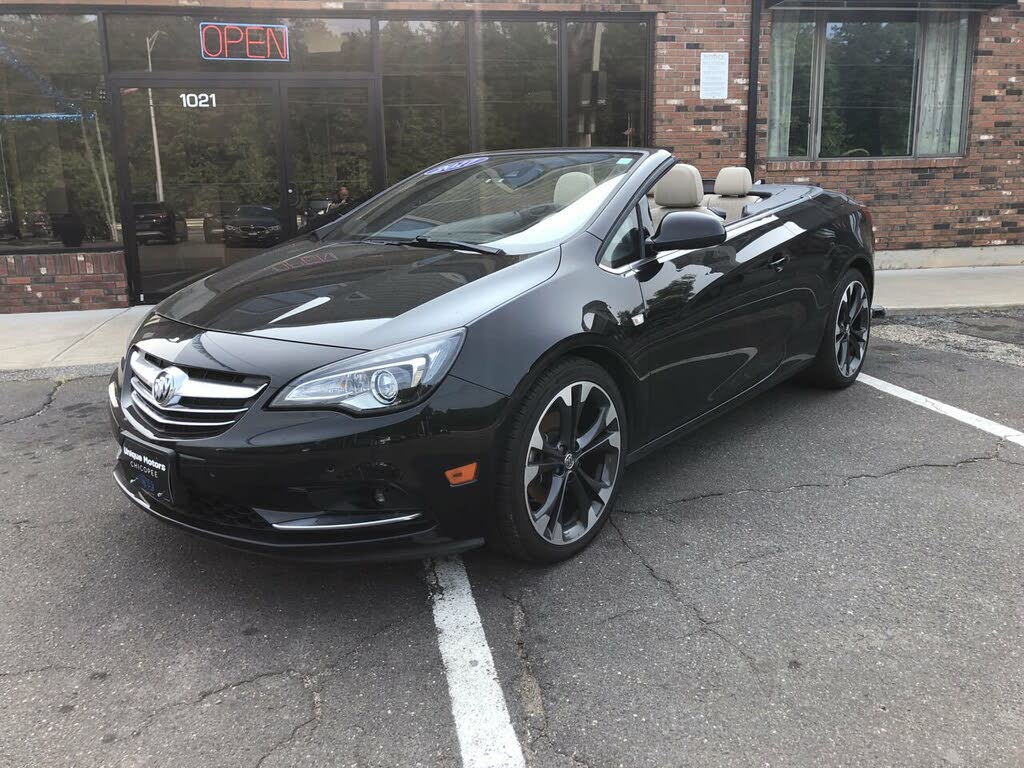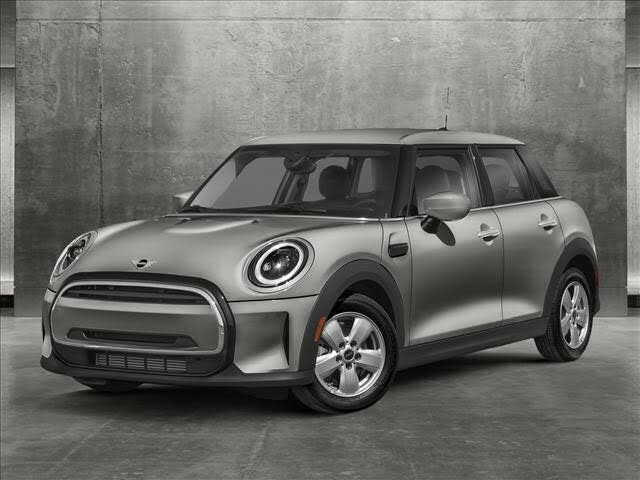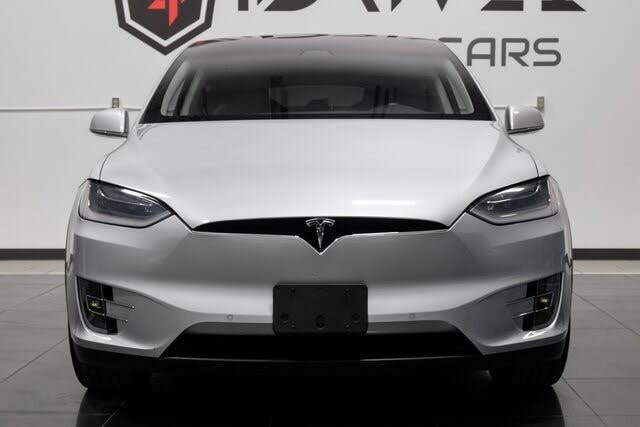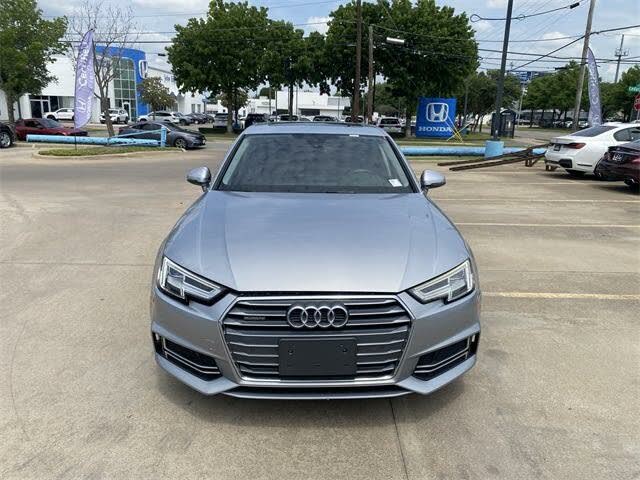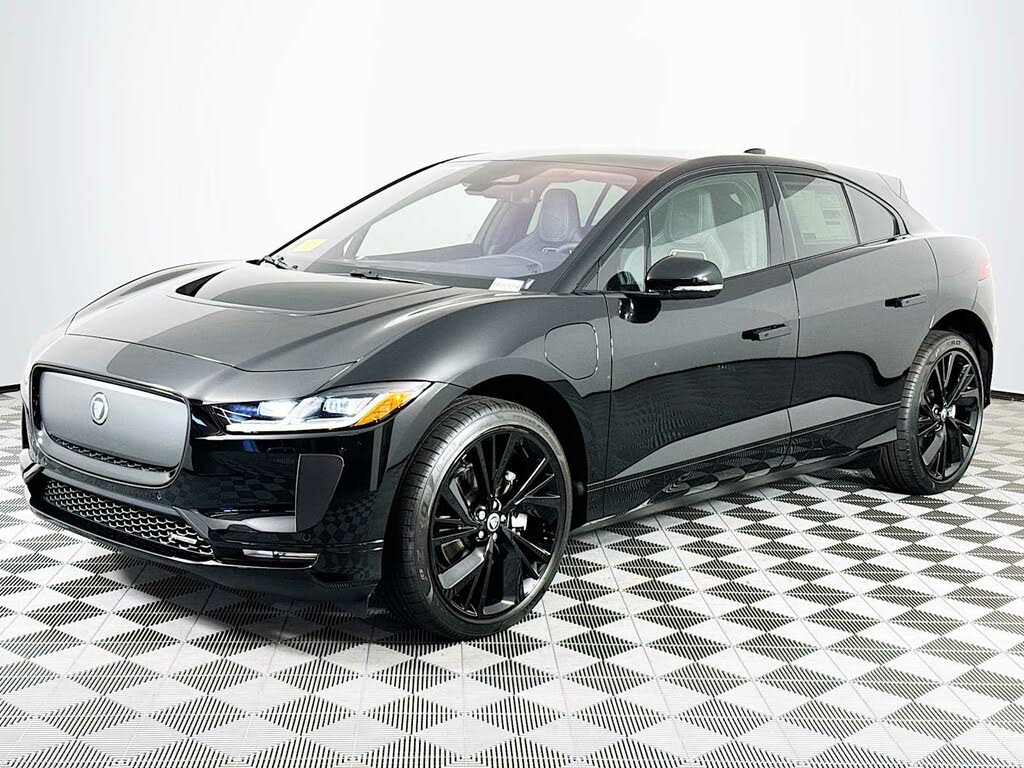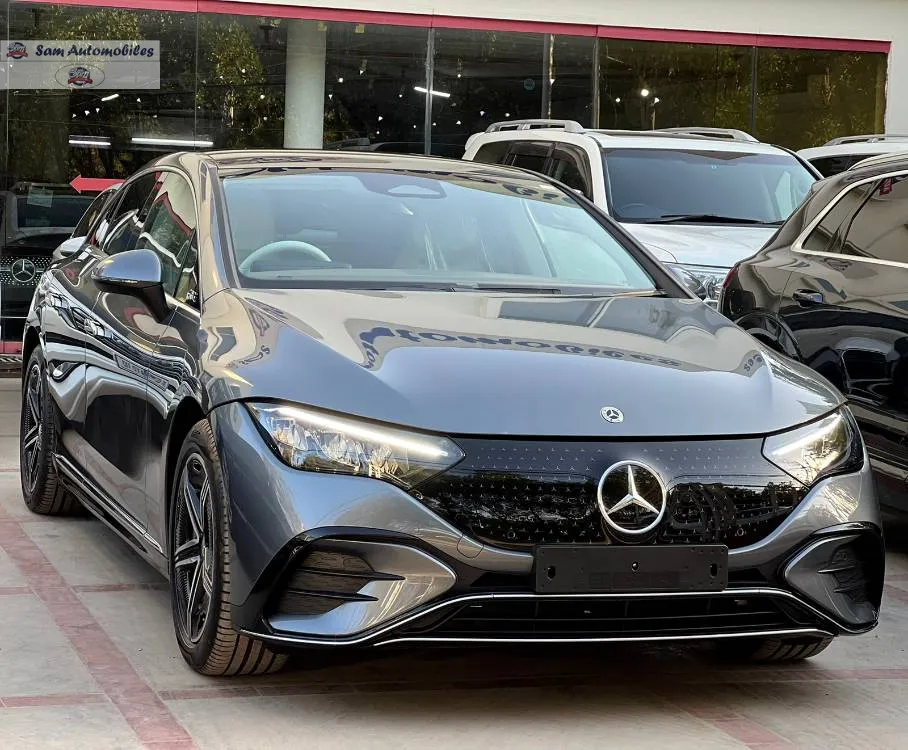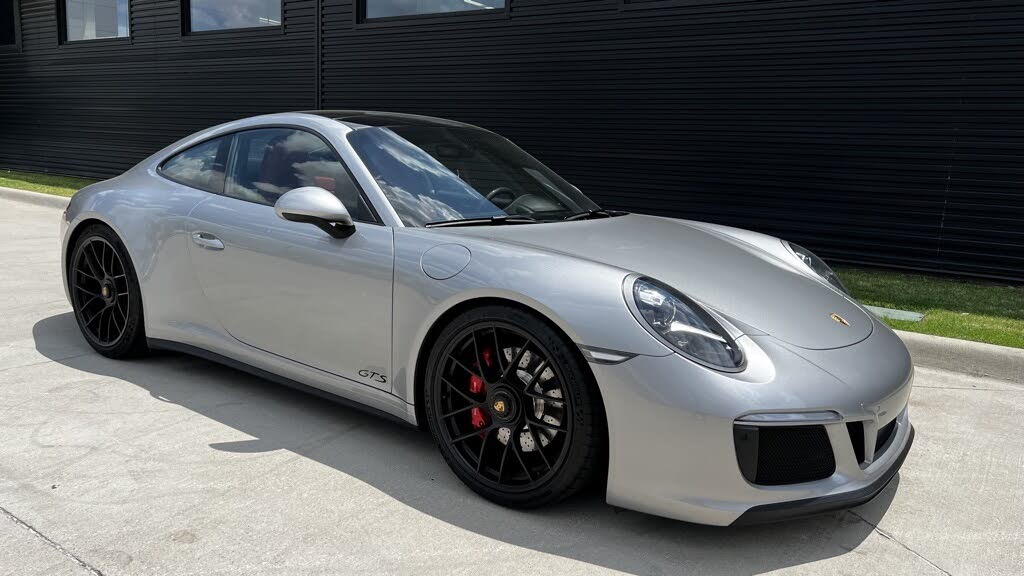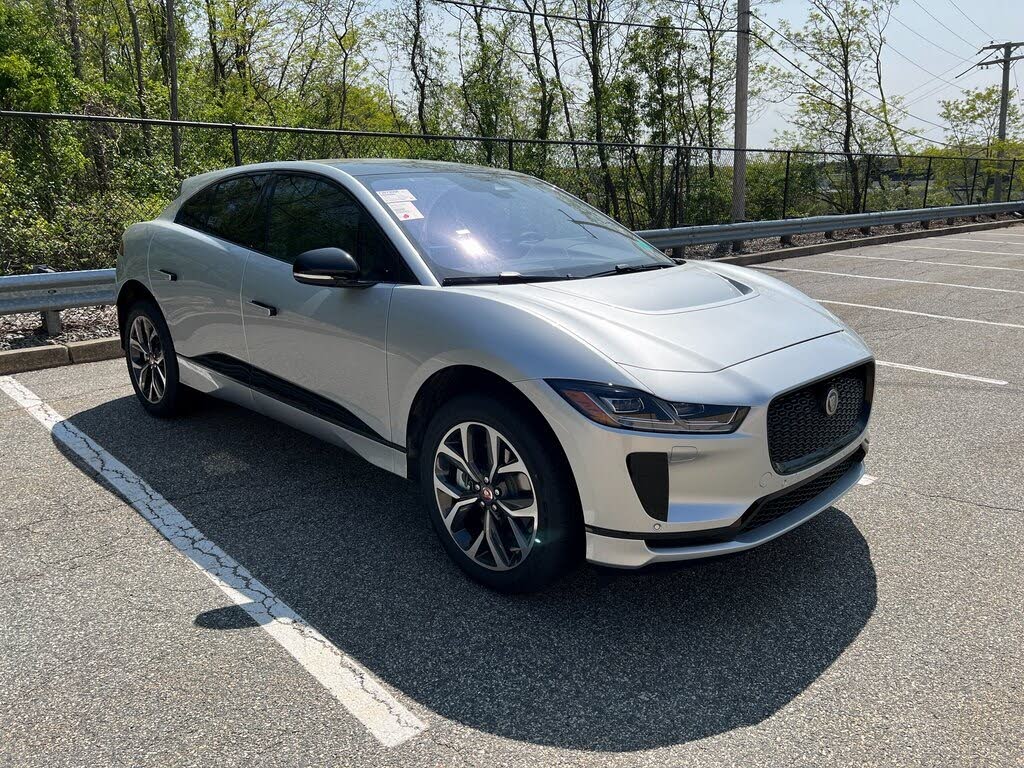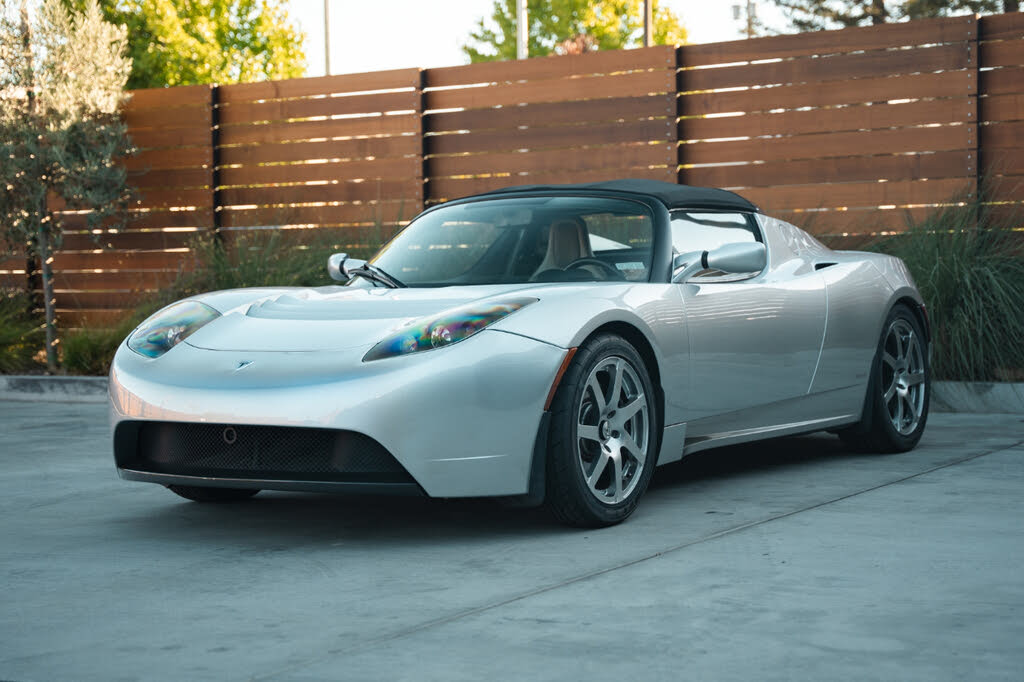The 2017 Toyota 86: Why This Model Year Stands Above Its Predecessors
From Scion FR-S to Toyota 86: An Evolutionary Journey
When Toyota discontinued the Scion brand in 2016, the FR-S found new life as the Toyota 86. The 2017 model year brought thoughtful refinements that addressed many of the original's shortcomings while preserving its pure driving experience. Having extensively tested both generations, we can confidently say these updates make the 2017 version the most compelling choice in the 86/BRZ lineage.
Key Improvements at a Glance:
- Added steering wheel audio controls
- Premium interior materials upgrade
- Refined suspension tuning
- Modernized LED taillight design
1. Steering Wheel Controls: Finally Meeting Modern Standards
The original Scion FR-S's glaring omission of steering wheel audio controls felt archaic even in 2013. The 2017 Toyota 86 rectifies this with well-placed controls that maintain the wheel's clean design. This seemingly small change dramatically improves daily usability, bringing the 86 in line with competitors like the Mazda MX-5 Miata and Volkswagen Golf GTI.
Why it matters: During spirited driving, keeping hands on the wheel while adjusting volume or tracks enhances both convenience and safety. While we'd still like to see Bluetooth controls added (a feature available in many rivals), this is a significant step forward for the platform.
--TOP ADVERTISEMENT HERE--
2. Interior Upgrades: From Cheap Plastic to Premium Touchpoints
Gone is the faux carbon fiber plastic that dominated the FR-S's dashboard. The 2017 86 introduces "Granlux" material - a soft, suede-like fabric that appears across the dashboard and door panels. This change elevates the cabin's perceived quality while maintaining the driver-focused layout that enthusiasts love.
Key interior improvements:
- Elimination of cheap-looking faux carbon fiber
- Softer touch materials on frequently contacted surfaces
- More cohesive color schemes available
- Retention of perfect driving position and ergonomics
While the 86's interior still can't match luxury competitors, these changes address one of the most common criticisms of the first-generation model without compromising its purposeful, no-nonsense character.
3. Suspension Refinements: Sharper Handling Without Sacrificing Comfort
Toyota's engineers made subtle but effective changes to the 86's suspension for 2017, adjusting shock absorber tuning and spring rates. The result is a coupe that feels more planted and predictable at the limit while maintaining the playful nature that makes these cars so engaging.
Driving dynamics improvements:
- More controlled weight transfer during cornering
- Reduced skittishness from the rear end
- Improved composure over rough surfaces
- Maintained precise steering feel
Our testing revealed these changes work particularly well with the available summer tire package, though even the base all-season tires benefit from the revised tuning. The 86 remains one of the most balanced and communicative sports cars under $30,000, now with greater confidence at its limits.
4. Exterior Styling: Modern LED Lighting Makes Its Mark
The transition from Scion to Toyota brought welcome changes to the 86's rear styling. The new LED taillights replace the previous model's controversial clear-lens design with a more sophisticated, modern look that better fits the car's athletic proportions.
Exterior enhancements include:
- Full LED taillight design (versus previous halogen units)
- More cohesive integration with the rear fascia
- Available new exterior colors
- Subtle Toyota badging replacing Scion logos
While styling remains subjective, most enthusiasts agree the 2017 refresh gives the car a more mature appearance while maintaining its aggressive sports coupe character.
How the 2017 Toyota 86 Compares to Key Rivals
| Model | Power (hp) | 0-60 mph | Starting Price | Key Advantage |
|---|---|---|---|---|
2017 Toyota 86 |
205 | 6.2 sec | $26,900 | Pure driving dynamics |
| 2017 Mazda MX-5 Miata | 155 | 5.8 sec | $25,750 | Convertible top |
| 2017 Volkswagen Golf GTI | 210 | 6.4 sec | $26,415 | Practicality |
While competitors may outperform the 86 in specific areas, none match its perfect 53:47 weight distribution and rear-wheel-drive balance at this price point.
--FIRST CONTENT ADVERTISEMENT HERE--
Why the 2017 Model Stands Out in the 86/FR-S/BRZ Lineage
After extensive testing of multiple model years, we consider the 2017 Toyota 86 the sweet spot in this platform's evolution. It incorporates all the important first-generation running changes while avoiding some cost-cutting measures that appeared in later models. The 2017 specifically offers:
- All the running improvements from the FR-S's final year
- Toyota's more premium brand cachet
- The complete package of interior and suspension upgrades
- Strong reliability track record
Unless Toyota significantly increases power in future models (a change enthusiasts have requested for years), the 2017 represents the most complete version of this driver's car currently available.
Ownership Considerations: What Buyers Should Know
For those considering a used 2017 Toyota 86, several factors deserve attention:
Reliability and Maintenance
The 86 platform has proven remarkably reliable, with few major issues reported across model years. The 2.0L boxer engine (co-developed with Subaru) requires regular oil changes but otherwise demonstrates good longevity when properly maintained.
Aftermarket Support
An enormous aftermarket exists for these cars, offering everything from suspension upgrades to forced induction systems. This makes the 86 an excellent platform for enthusiasts who enjoy personalization.
Fuel Economy
Expect 21-24 mpg city and 28-32 mpg highway depending on driving style. While not class-leading, these figures are respectable for a sports car.
Final Verdict: The Best Version of a Modern Classic
4.5/5 stars
The 2017 Toyota 86 represents the culmination of subtle but important improvements to an already excellent sports car platform. By addressing the FR-S's most noticeable shortcomings while preserving its essential character, Toyota created the most compelling version of this driver-focused coupe.
For enthusiasts seeking an affordable, balanced, and engaging rear-wheel-drive sports car, the 2017 86 deserves strong consideration. Its combination of driving purity, improved daily usability, and Toyota reliability make it stand out in a segment increasingly dominated by front-wheel-drive hot hatches and overpowered muscle cars.
While we'd always welcome more power (a turbocharged version remains the stuff of enthusiast dreams), the 2017 model proves that sometimes, thoughtful refinement matters more than raw numbers.
